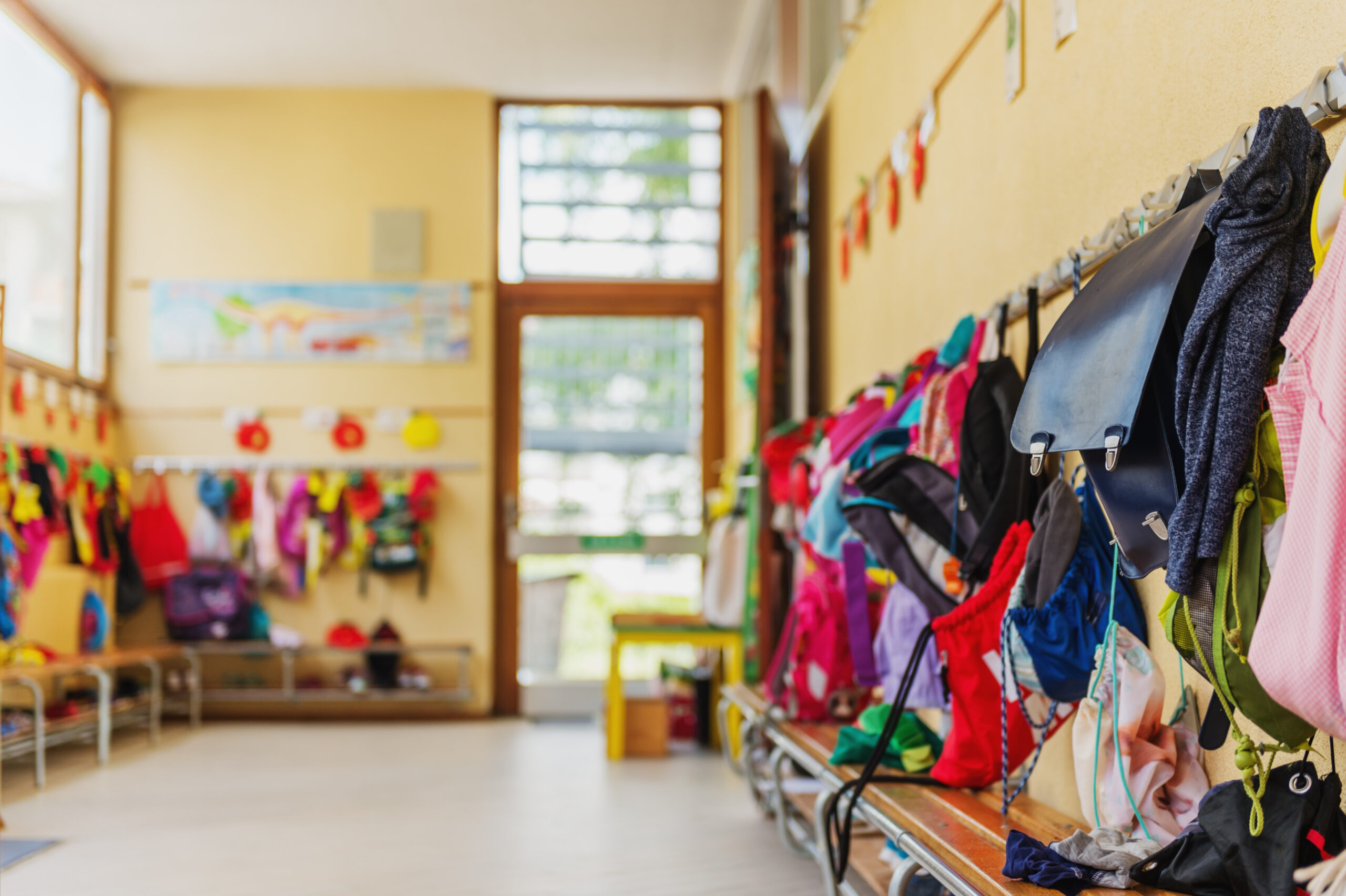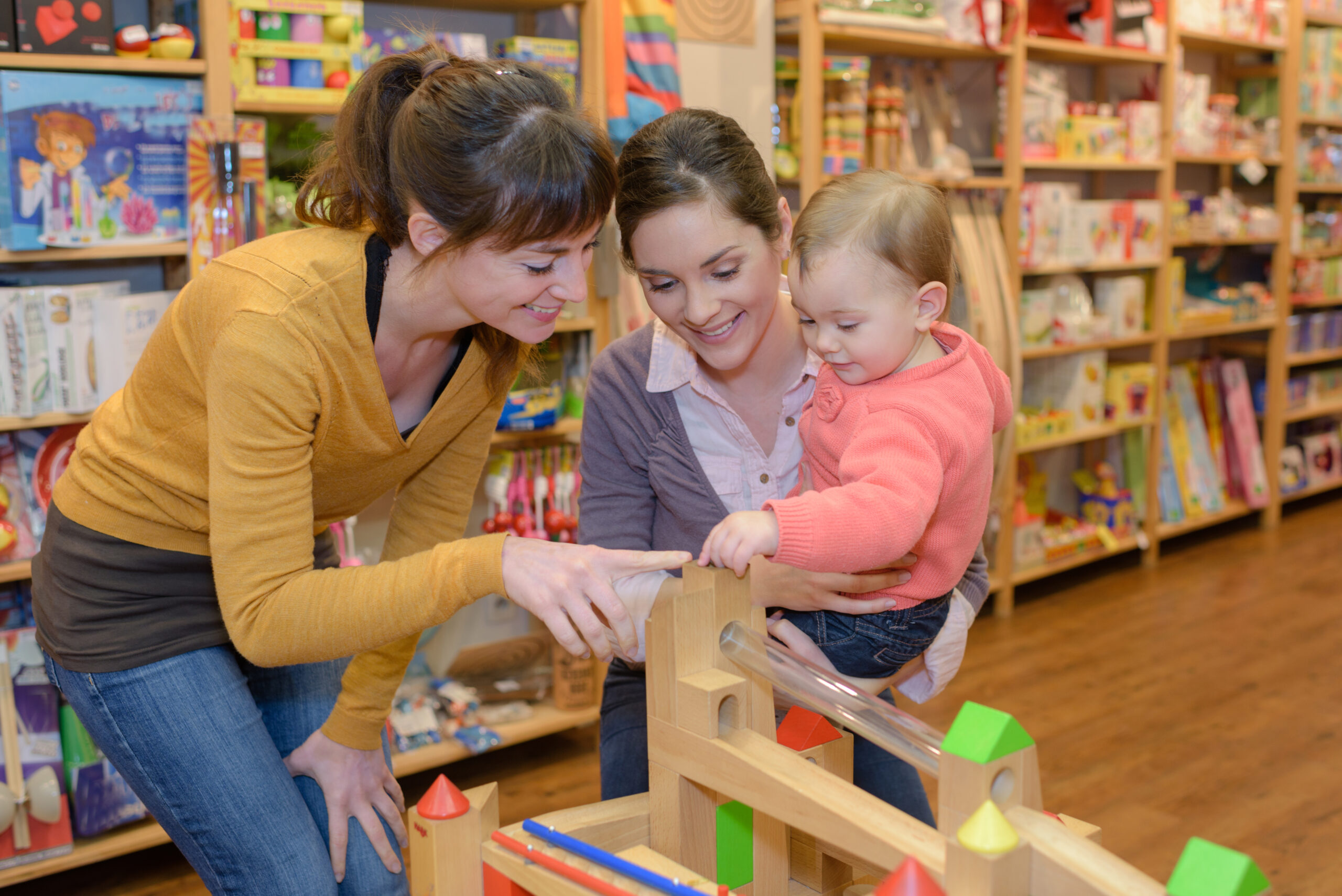Daycare can play a pivotal role in a child’s early development, providing a nurturing and stimulating environment that promotes growth, learning, and social skills. In this blog post, we’ll explore the numerous benefits of daycare for children and discuss how these early experiences can set the foundation for a lifetime of success.
Cognitive and Academic Development
Early Learning Opportunities
Daycare provides children with a wide range of learning opportunities, from structured activities to free play. These experiences help children develop essential cognitive skills, such as problem-solving, critical thinking, and creativity. Daycare providers also introduce early literacy and numeracy concepts, setting the stage for future academic success.
Individualized Learning Experiences
Many daycare providers offer individualized learning plans tailored to each child’s unique needs, interests, and abilities. This personalized approach ensures that children receive the appropriate level of support and challenge, helping them reach their full potential.
Preparation for School
Attending daycare helps children acclimate to a structured learning environment, making the transition to school smoother and more successful. Children who have attended daycare are often more prepared for kindergarten, both academically and socially.
Social and Emotional Development
Building Social Skills
Daycare offers children the opportunity to interact with peers and build crucial social skills, such as sharing, cooperation, and communication. These interactions help children develop a sense of empathy and understanding of others’ feelings, laying the groundwork for healthy relationships throughout their lives.
Emotional Regulation and Resilience
Daycare provides a supportive environment where children can learn to manage their emotions and cope with challenges. Through guided activities and interactions with caregivers and peers, children develop emotional regulation skills and resilience, essential for navigating the ups and downs of life.
Independence and Confidence
Daycare encourages children to explore their environment and take on new challenges independently, fostering a sense of self-confidence and autonomy. As children learn to navigate their world without constant parental supervision, they develop the confidence to tackle new experiences and challenges.
Physical Development and Health
Active Play and Motor Skills
Physical activity is a critical component of a child’s overall development, and daycare provides ample opportunities for active play. Children engage in a variety of indoor and outdoor activities that promote gross and fine motor skill development, coordination, and balance.
Healthy Eating Habits
Many daycare providers offer nutritious meals and snacks, introducing children to a diverse array of healthy foods. By exposing children to healthy eating habits early on, daycare can help establish a foundation for lifelong healthy choices.
Hygiene and Self-Care Skills
Daycare environments teach children essential self-care and hygiene skills, such as handwashing, toothbrushing, and using the bathroom independently. These habits contribute to a child’s overall health and well-being.
Language and Communication Development
Language Exposure and Vocabulary Expansion
Daycare exposes children to a rich language environment, with caregivers and peers engaging in conversations and introducing new words and concepts. This constant exposure to language helps children develop a robust vocabulary and a strong foundation for reading and writing.
Listening and Speaking Skills
Through group activities, storytime, and everyday interactions, children in daycare develop crucial listening and speaking skills. They learn to express their thoughts and ideas, ask questions, and engage in conversations with adults and peers.
The Importance of Quality Daycare
While daycare offers numerous benefits for children, it’s essential to choose a high-quality provider that meets your family’s needs and values. Consider the following factors when selecting a daycare:
- Licensing and accreditation: Ensure the daycare is licensed and meets local and state regulations. Accreditation from organizations like the National Association for the Education of Young Children (NAEYC) is a sign of quality.
- Staff qualifications and training: Check the daycare provider’s education and training requirements. Look for staff members who have experience in early childhood education and participate in ongoing professional development.
- Staff-to-child ratio: A low staff-to-child ratio ensures that your child receives the necessary attention and supervision. Smaller groups also provide a better environment for learning and social interactions.
- Curriculum and learning approach: Research the daycare’s curriculum and learning approach to ensure it aligns with your educational philosophy and expectations. Look for a program that offers a balance of structured activities and free play, with opportunities for individualized learning experiences.
- Safety and cleanliness: Visit the daycare facility to assess the overall cleanliness and safety measures in place. The environment should be clean, well-maintained, and free of potential hazards.
- Communication and parent involvement: A quality daycare should maintain open lines of communication with parents, providing regular updates on your child’s progress and any concerns. Look for a provider that encourages parent involvement through events, meetings, or volunteer opportunities.
Daycare offers children a wealth of benefits, from cognitive and academic development to social and emotional growth. By choosing a high-quality daycare provider, you can ensure that your child receives the best possible foundation for future success. As a parent, you can take comfort in knowing that your child is learning, growing, and thriving in a nurturing and supportive environment.





